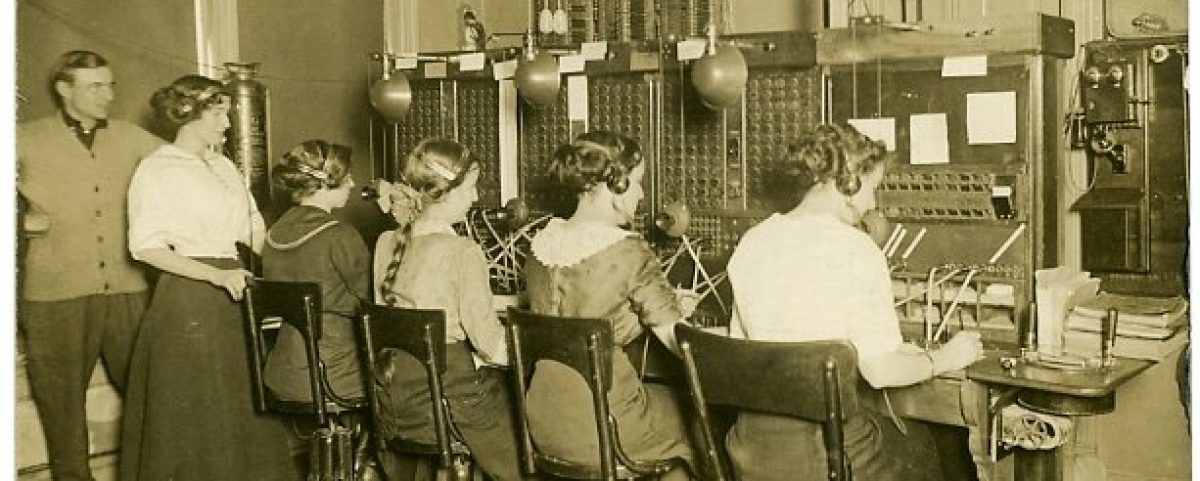The Salem County Archive, a division of the Salem County Clerk’s Office, is a treasure trove for researchers, historians, and genealogists exploring South Jersey’s rich history. This invaluable government repository houses an extensive collection of government records and newspapers dating back to the late 1600s.

One of the things that makes the archive exceptional is its dedicated staff. The archivist, Cooper Maddocks, possesses extensive knowledge of government record-keeping practices spanning five centuries and offers patient guidance to researchers navigating a vast body of material.
The archive’s commitment to preservation is evident, too, in its state-of-the-art records management tools, including a cutting-edge book scanner for oversized legal volumes and newspapers. This technology ensures the safeguarding of delicate and valuable documents for future generations.
Under County Clerk Dale A. Cross’s leadership, the Salem County Archive meticulously documents the county’s captivating story from the late 1600s to the present day in a wide array of record groups. Click this link for a list of government records at the Clerk’s office. The collection also contains original copies of newspapers from 1848 to 1991.
The Salem County Clerk’s Office demonstrates a strong commitment to open access. The Clerk’s office provides public access to a wealth of government records, fostering a deeper understanding of the county’s public history and governance. This commitment is further bolstered by the helpfulness of the archivist, who is dedicated to guiding researchers of all backgrounds.
Whether you’re a scholar, historian, genealogist, or simply curious about Salem County’s vibrant history, the Salem County Archive is an essential resource for delving into the past.




